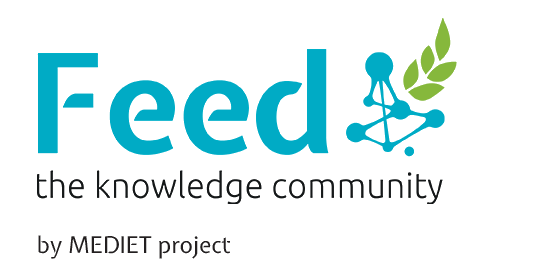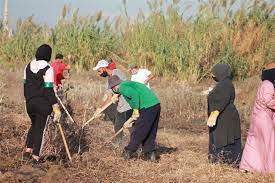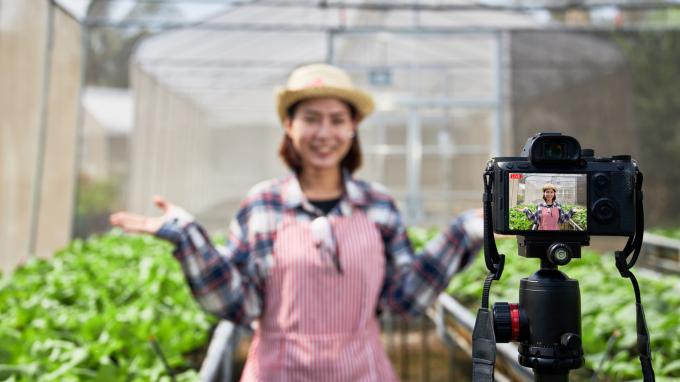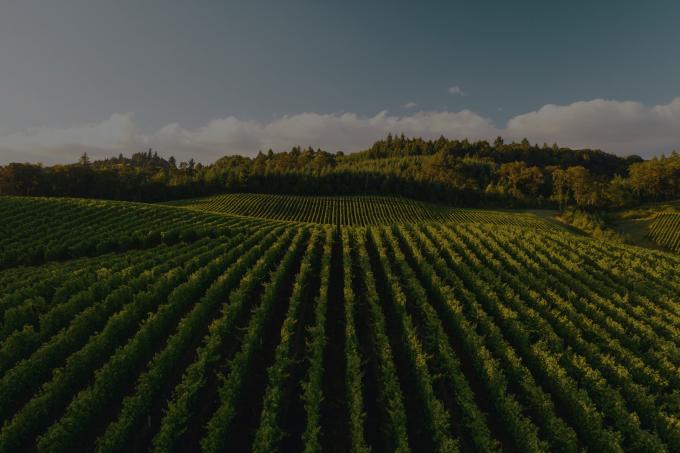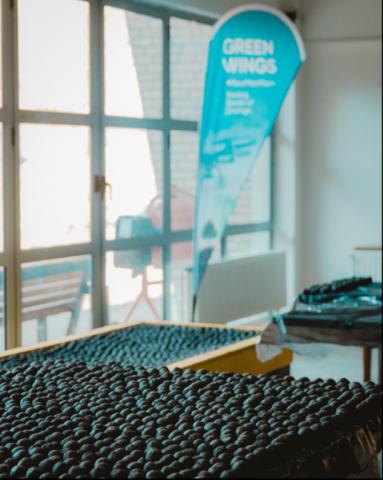Period
2009 - 2011
In the uncharted territory of strawberry farming in Iraq, the USAID-Inma Agribusiness Program empowered local farmers to excel in strawberry production. Expert knowledge, modern techniques, and international partnerships were used to support the growth of strawberries in Iraq. About 372,000 new strawberry plantlets and 30 new farmers have been added to the berry production. Among various practices, open field and plastic tunnel demonstrations are generating additional profits and inspiring a growing wave of farmers willing to adopt this practice.
You must be registered to see all the content
Identification needs
Strawberry production in Iraq is a medium-risk business characterized by relatively high investment and by high price volatility. The current cost of production in Iraq is considerably higher than in neighboring countries mainly due to the fact yields in Iraq are poor for a lack of appropriate IPM (Integrated Pest Management), poor fertilization and fertigation, insufficient crop management, and possibly salinity of the soil and water. Consumption of strawberries in Iraq is relatively low, standing at an average of 80 g per capita/year, meaning a market of approximately 2,200MT/year. Most of the strawberries consumed in Iraq are imported from Syria, Iran, and Turkey while domestic production is concentrated in one area of Iraq regions.
Stakeholder change
The result of following Iraqi farmer''s guidance provided by USAID-Inma for strawberry production made them able to increase their profits per donum with an up-front cost of, more than doubling their investment.
Change triggered
This activity has improved the livelihoods of farmers while energizing Iraq's agriculture industry, the single largest source of employment and second largest contributor to the overall gross domestic product in the country.
Short description
Strawberry growers in Iraq ware expanded businesses based on their experience of high yields, excellent prices at market, and relationships with strawberry plant import companies facilitated by the USAID-Inma Agribusiness Program. New growers are now entering the market by replicating what they observed in USAID-Inma strawberry demonstrations. The demonstrated Iraqi farmers, intensively trained in strawberry preparation, supplied the land, water, fertilizer, tillage equipment, and labor, while USAID-Inma supplied technical assistance, plants, mulch, harvest aids, drip irrigation, and a startup supply of post-harvest packaging. Farmers provided more than 50 percent of the investment required for the 9.5 donums of plantings. Also, USAID-Inma introduced plastic tunnel strawberry production in 2010. Economic analysis of the demonstration farms revealed they were more than twice as profitable as wheat and vegetables.
Inma Helped Iraqis Farmar transforms local economies, through the development of agribusinesses in this project by:
- Improved agricultural quality and productivity by training farmers on modern technology.
- Restored soil and water management systems. Inma supported farmers as they restore poorly functioning drainage facilities and improved irrigation practices.
- Increased the competitiveness of Iraqi agribusinesses. Inma assisted Iraqis as they improve food grades and standards for sanitary protocols, inspection procedures, and compliance criteria (adoption of more advanced IPM - Integrated Pest Management).
- Increased domestic and foreign partnerships. Inma advisors supported the Iraqi private sector as it establishes needed linkages with foreign enterprises and international markets (Import from the USA or Turkey of disease-free strawberry plants of the varieties).

